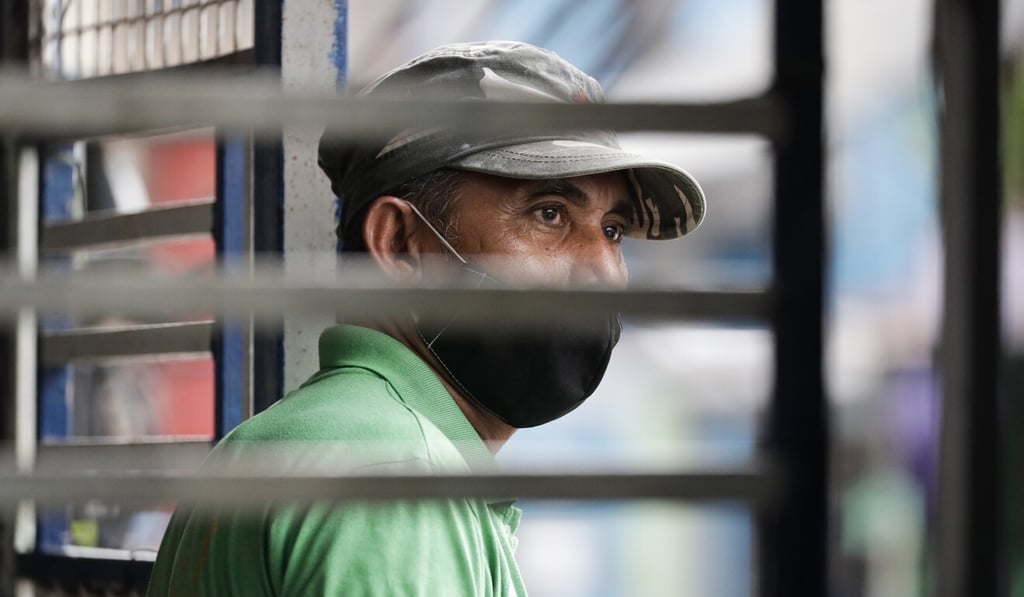In the Philippines, shopping for strangers offers gig workers a pandemic lifeline
- Personal shopper, or ‘pabili’, services are not new to the Philippines, but demand for them has taken off since Luzon’s coronavirus lockdown
- They have become an alternative source of income for everyone from out-of-work taxi drivers to web developers and former restaurant owners

Manila resident Pam Pastor thought getting a cake for her mother’s 61st birthday was going to be easy. But when she called the bakery on Tuesday morning all the Mango Bravo cakes were already sold out. That’s when Pastor noticed posts on the shop’s Facebook page offering her mother’s favourite cake for sale. Reluctantly, she agreed to buy, even though there was a 20 per cent mark-up. “I was desperate,” she said.
The posts had been written by personal shoppers, resellers who had queued up at the bakery with the intention of buying up all the cakes and selling them on for a fee.
But in the meantime pabili services have been in high demand. Indeed, it was one of the most popular search terms on Google Philippines on April 7 – and for Filipinos who have lost work because of the lockdown, doing other people’s shopping for them has become something of an economic lifeline.

Emmanuel Granada lost his job as a delivery driver for a shopping centre eatery in March, but with his first child on the way, the 30-year-old needed another way of earning money.
